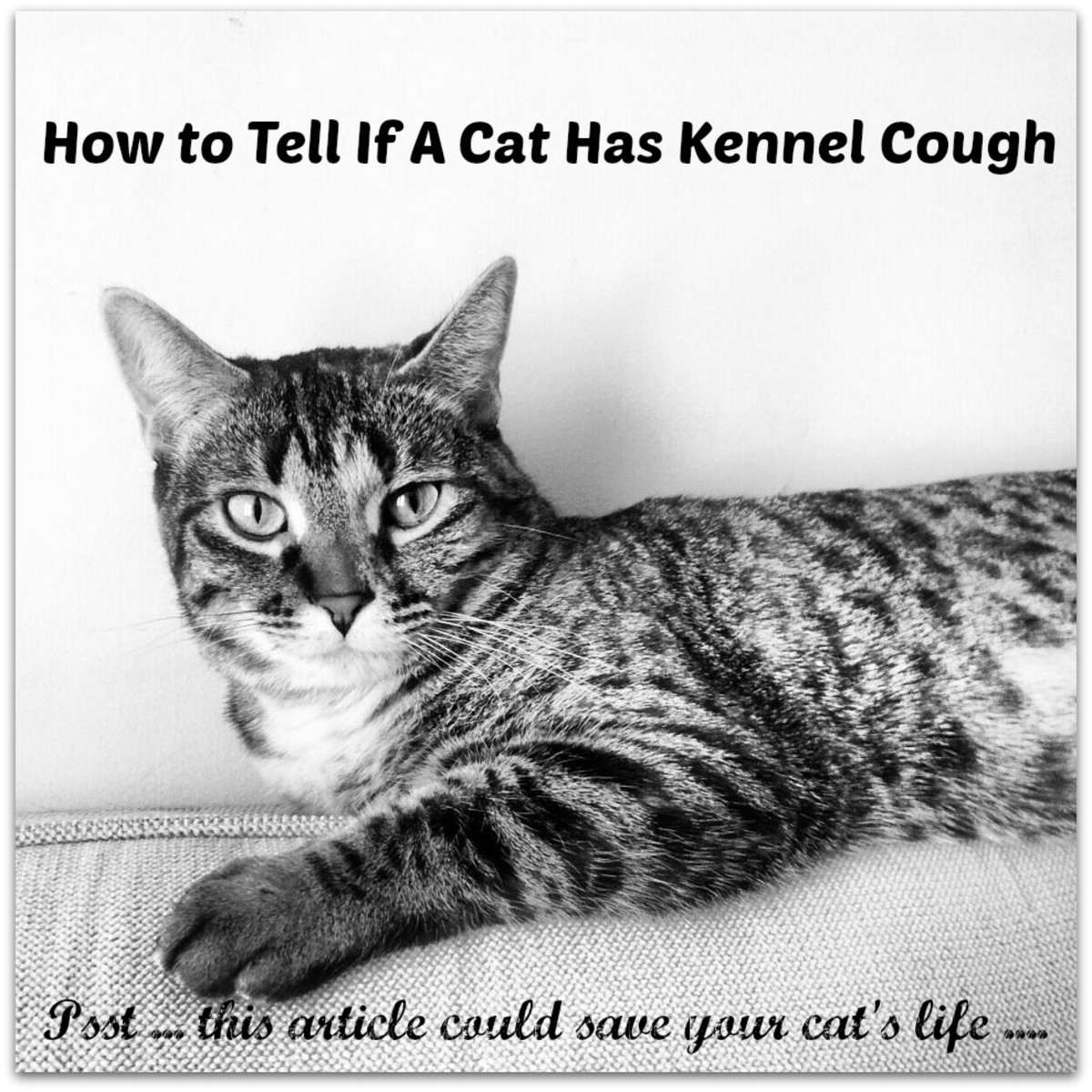bordetella bronchiseptica in cats symptoms
Bordetella bronchiseptica also known as kennel cough is a bacterium that can cause upper respiratory tract disease in dogs. The injectable Bordetella vaccination can also be administered at 8 weeks of age and requires an initial vaccination followed by a booster 3-4 weeks later.
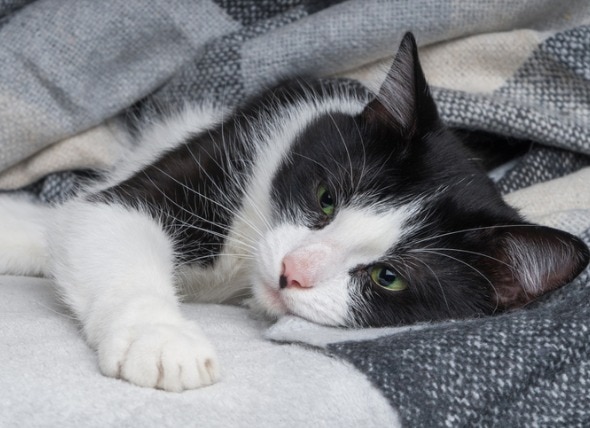
Bacterial Infection B Bronchiseptica In Cats Petmd
Bacterial infections like Bordetella bronchiseptica.

. Protects against Bordetella bronchiseptica the primary pathogen in Canine Infectious Respiratory Disease CIRD Aids in the. Of these Bordetella bronchiseptica is the most common. Rabies is a viral disease that may affect the brain and spinal cord of all mammals including cats dogs and humans.
This vaccine protects against the most common causes of Kennel Cough a bacterium called Bordetella. Ignore abnormal symptoms like uncoordinated walking seizures muscle spasms swelling of the face etc. Noncore Vaccines for Cats.
This preventable disease has been reported in every state except Hawaii. For the vaccination of healthy cats 8 weeks of age or older as an aid in the prevention of disease caused by feline rhinotracheitis calici and panleukopenia viruses. Kennel cough also known as canine infectious respiratory disease formally canine infectious tracheobronchitis is an upper respiratory infection affecting dogs.
It is common among dogs who have been boarded go to dog parks frequently or come in close contact with many other dogs. The injectable Bordetella vaccination can also be administered at 8 weeks of age and requires an initial vaccination followed by a booster 3-4 weeks later. This vaccine protects against the most common causes of Kennel Cough a bacterium called Bordetella bronchiseptica.
Several types of viruses and bacteria and often more than one pathogen in combination can cause kennel cough. The highest risk includes dogs frequently attending dog parks doggy day care. However if left untreated Bordetella heavily weakens an immune system and leaves your dog vulnerable to much more serious pathogens.
The noncore vaccines include. A goose-honk cough is most common Sneezingrunny nose Loss of appetite Low-grade fever. The disease is spread by direct contact and airborne transmission.
This highly prevalent bacterium is a common cause of upper respiratory. This bacterium is the cause of the famous canine infectious tracheobronchitis commonly known as kennel cough. It has even been known to affect humans in rare cases but is the most common bacterial infection in canines.
101111j1469-0691201003258x Yacoub AT et al. Merial which is now part of Boehringer Ingelheim has made an oral vaccine which they say is very effective against Bordetella bronchiseptica. Bordetella bronchiseptica kennel cough.
Kennel cough can be caused by multiple microorganisms including Bordatella bronchiseptica bacteria canine adenovirus parainfluenza virus and mycoplasma along with many other bacteria and viruses. Rabies is routinely fatal once symptoms develop. Vaccines that are appropriate for some cats in some circumstances are considered noncore vaccines or lifestyle vaccines.
Bordetella bronchiseptica a bacterial organism is one of several major causes of infectious tracheobronchitis or Kennel Cough an extremely contagious respiratory disease of dogs. The most common symptoms of Bordetella Bronchiseptica in cats are. Your vet can help The good news is kennel cough is treatable with the help of a vetIts important to avoid secondary infection.
Bordetella bronchiseptica is one of the more common bacterial causes of upper respiratory infections in dogs. Bordetella bronchiseptica can also affect cats rabbits and seldom humans. Evaluation of eight cases of confirmed Bordetella bronchiseptica infection and colonization over a 15year period.
Caused by Bordetella bronchiseptica. Today B pertussis belongs to the genus Bordetella in the family Alcaligenaceae which contains several species of closely related bacteria with similar morphology. Kennel cough can cause mild symptoms in some dogs but can progress to a life-threatening pneumonia in other dogs.
Kennel cough can occur from the bacteria Bordetella bronchiseptica as well as a variety of canine-specific viruses. This condition is also known as Kennel Cough because it crops up and spreads quickly in kennels where dogs are in close quarters. Bordetella pertussis was first isolated in pure culture in 1906 by Bordet and Gengou.
Just as human colds may be caused by many different viruses kennel cough itself can have multiple causes. This is why its. Theres good reason that the very word rabies evokes fear in peopleonce symptoms appear rabies is close to 100 fatal.
The leading cause of virus-associated deaths in cats FeLV spreads through the saliva nasal secretions feces urine and milk of infected cats. Annual booster vaccinations are recommended. Dogs can pass the infection to each other through direct contact as well as.
The number one symptom in all animals affected by Bordetella Bronchiseptica as well as cats is a hacking unproductive and persistent cough. Kennel cough is highly contagious Kennel cough bacteria spread in the air making it especially easy for your pup to catch if exposed. Feline Leukemia Virus FeLV.
Bordetella Bronchiseptica Symptoms in Dogs. Canine Bordetella also known as Bordetella bronchiseptica is a bacterial agent well known for causing respiratory infections in dogsMost specifically kennel cough. The FeLV vaccine works to protect your cat against feline leukemia virus.
Annual booster vaccinations are recommended. Other members of the genus are B bronchiseptica. Kennel cough has a noticeably odd sound A cough that sounds like a honk is the first sign.
Symptoms of Bordetella Bronchiseptica in cats. Common culprits include the bacteria Bordetella bronchiseptica and viruses such as canine influenza virus canine parainfluenza virus canine adenovirus type-2 and others. Indeed the illness itself is not particularly dangerous.
The disease is spread by direct contact and airborne transmission. Feline leukemia virus FeLV Chlamydophila felis Bordetella bronchiseptica FeLV Vaccine. The Bordetella vaccine can be given by injection nasal spray or orally.
There are multiple causative agents the most common being the bacterium Bordetella bronchiseptica found in 787 of cases in Southern Germany followed by canine parainfluenza virus 377 of cases and to. Bordetella bronchiseptica a bacterial organism is one of several major causes of infectious tracheobronchitis or Kennel Cough an extremely contagious respiratory disease of dogs. B pertussis and B parapertussis cause whooping cough pertussis in humans.
One of the most common culprits is a bacterium called Bordetella bronchiseptica m--which is why kennel cough is often called Bordetella. Dogs with Bordetella have a distinctive dry honking cough.
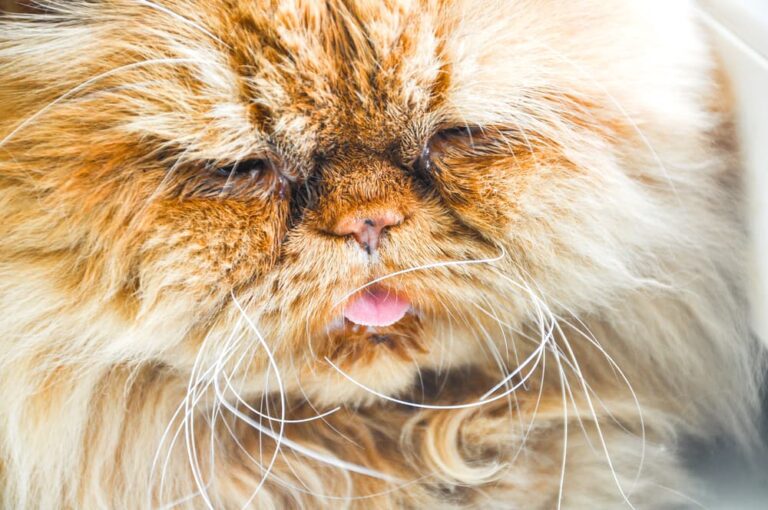
Respiratory Infections In Cats Great Pet Care

Upper Respiratory Infection In Cats Symptoms Causes Treatments Cattime

Feline Upper Respiratory Infections Uri The Cat Hospital Of Media

Can Cats Get Kennel Cough Bond Vet
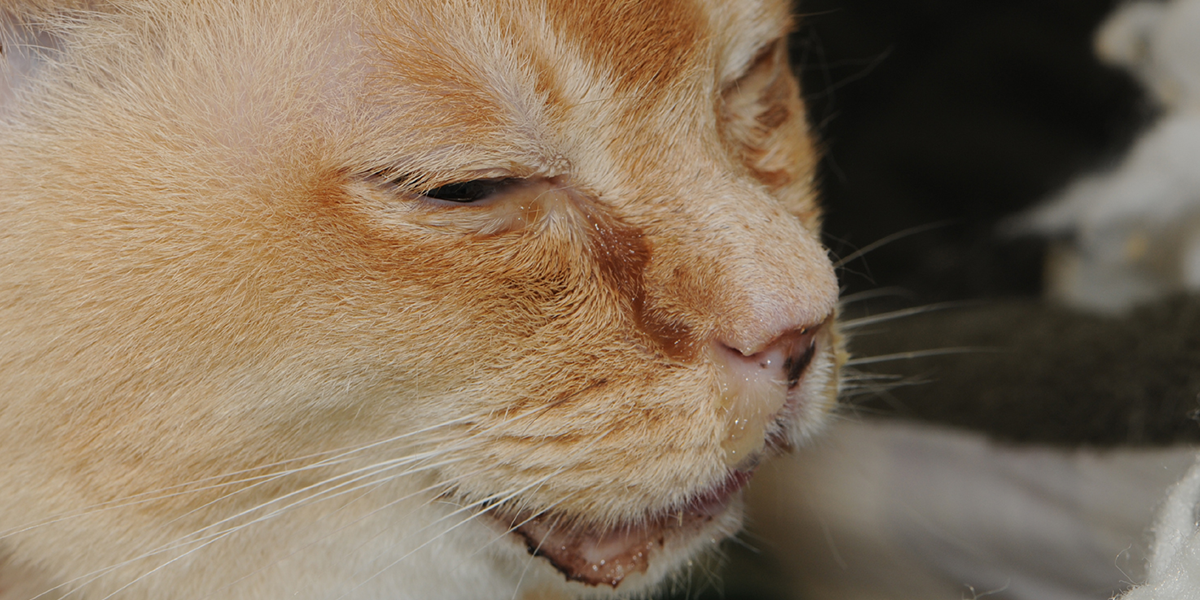
Cat Flu Upper Respiratory Infection International Cat Care

Kennel Cough Explained Vet Medicine Vet Tech Student Vet Tech School

Cold Flu In Cats Bordetella Bronchiseptica We Are Family

Cat Upper Respiratory Infections Causes Symptoms Treatment And Prevention Daily Paws

Feline Upper Respiratory Infection Vca Animal Hospital
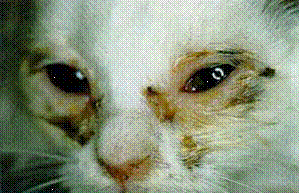
Cat Flu Upper Respiratory Infection International Cat Care

Bordetella In Cats Everything You Need To Know Rancho Palos Verdes Vets

Bacterial Infection B Bronchiseptica In Cats Petmd
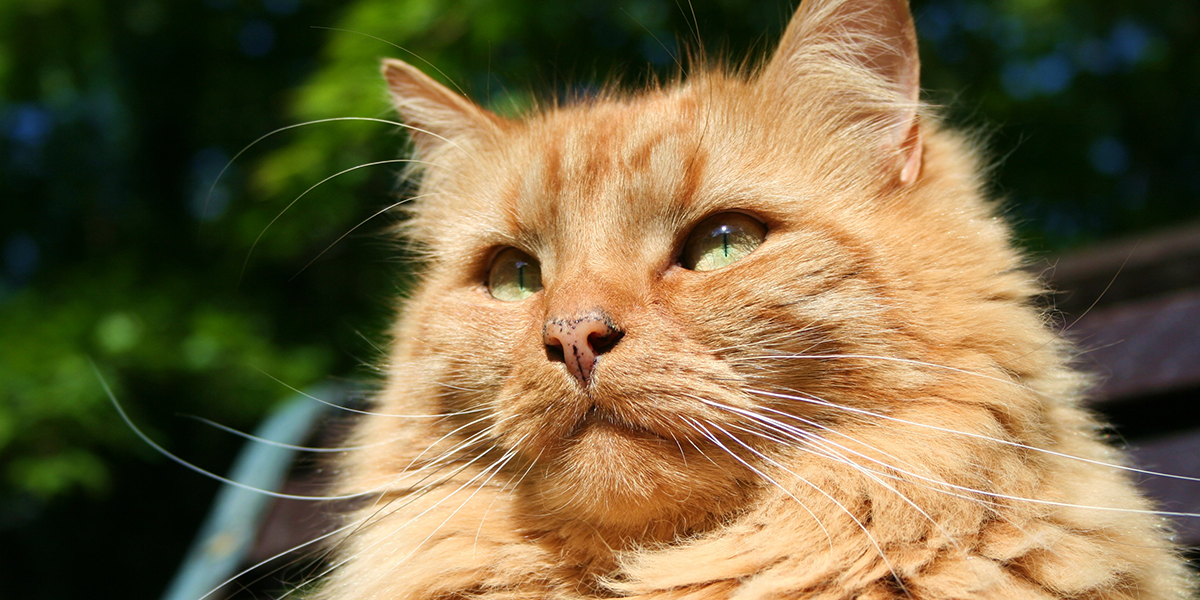
Bordetella Bronchiseptica Infection In Cats International Cat Care
